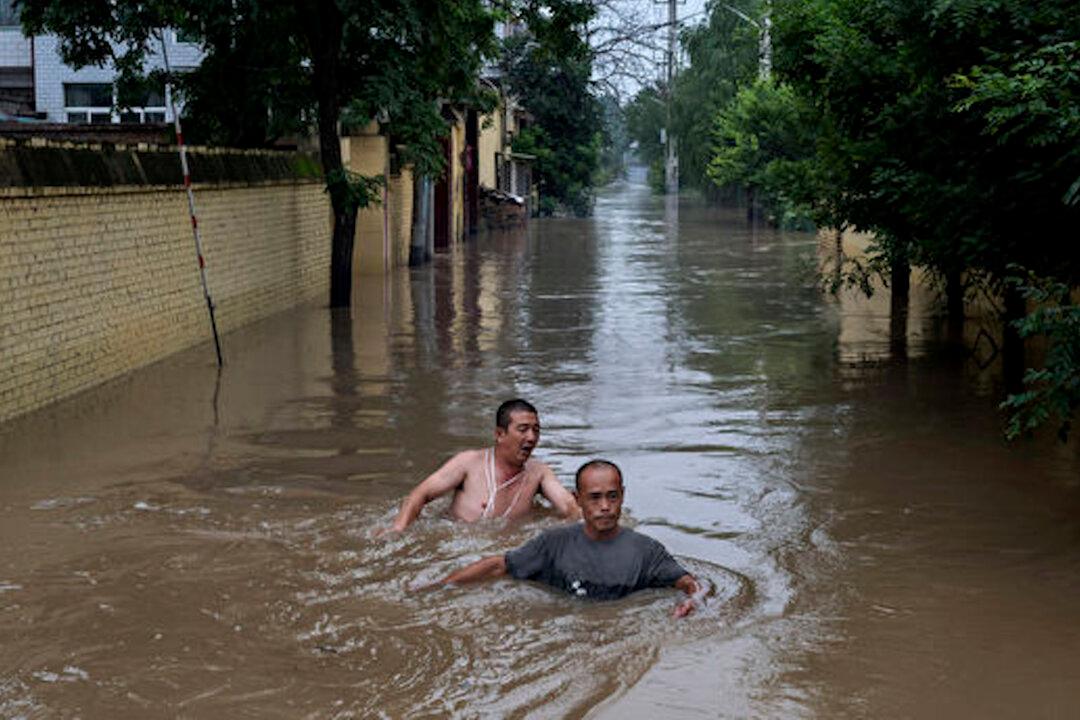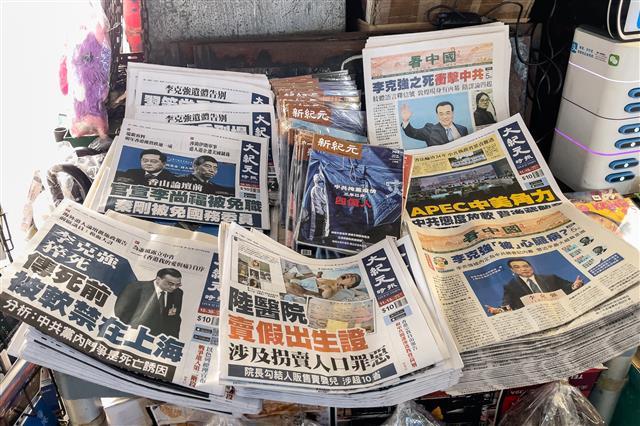Recent torrential rains from Typhoon Doksuri have caused severe flooding in Beijing, Hebei Province, and other areas. In the past, whenever mainland China faced natural disasters, the Hong Kong community readily extended financial support. However, the Hong Kong public’s sentiment toward the mainland has grown increasingly indifferent in recent years. This time, even the devastating floods in Northern China have failed to evoke spontaneous donations from citizens.
Hong Kong Residents Unwilling to Donate Anymore
Ms. Cheung, a resident, stated, “Wherever there are natural disasters, it’s due to human mismanagement!” Although she sympathizes with the affected populations, she is reluctant to contribute money that could potentially support an authoritarian government. Mr. Lee, another citizen, echoed her sentiment, vowing not to donate a single cent, stating, “Mainland China has exploited the generosity of Hong Kong people for many years, and we won’t be fooled again.”Citizens’ response to donation appeals has been predominantly cold, with online comments often reflecting mockery, such as “A world superpower doesn’t need money from Hong Kong” or “Even the largest difficulties are insignificant when divided among 1.4 billion people.” Some Hong Kong residents criticized the Chinese Communist Party (CCP) for treating disasters as a cause for celebration rather than concern.




